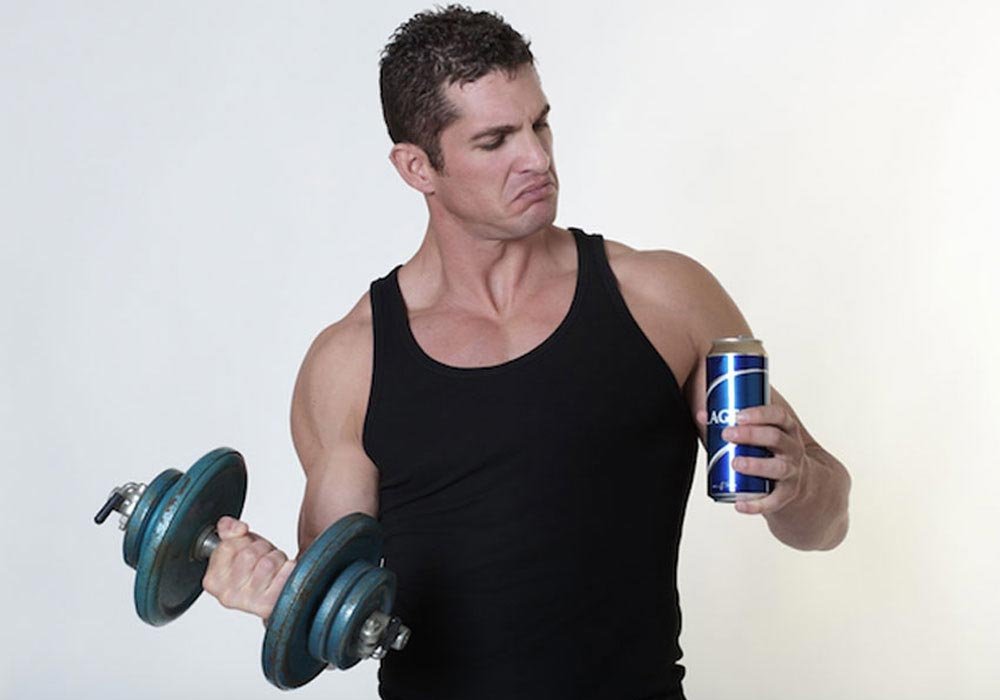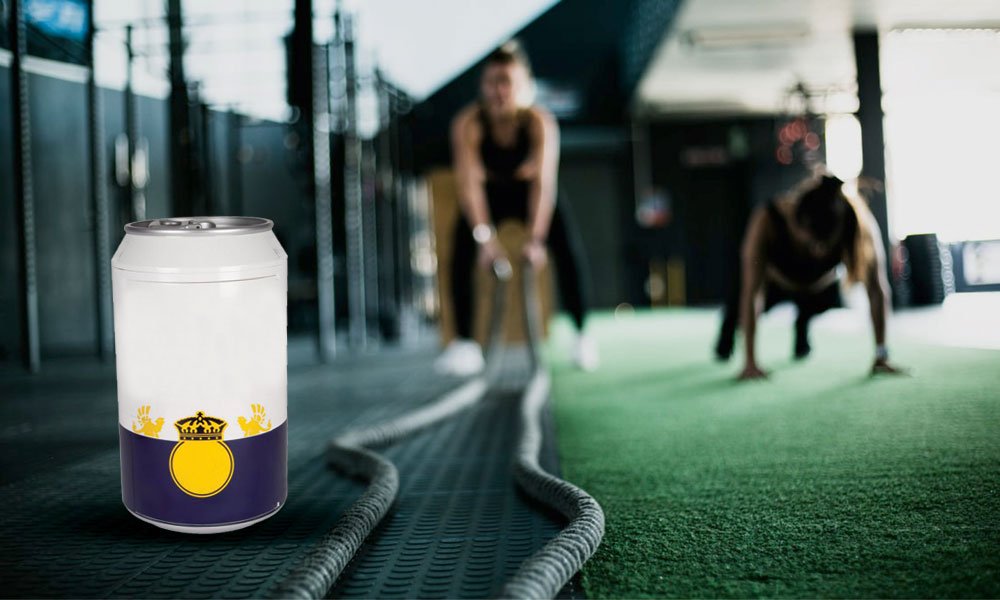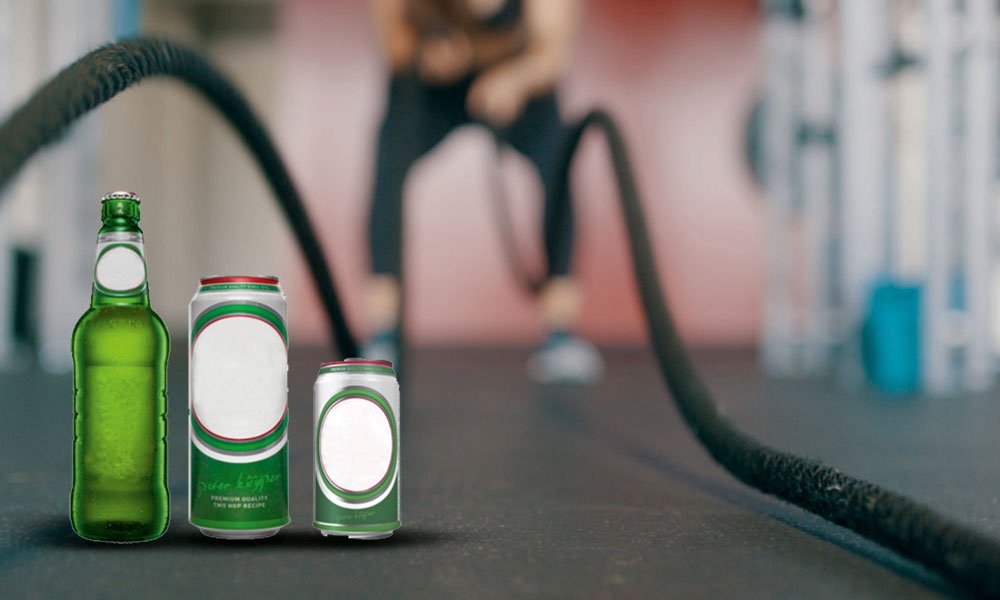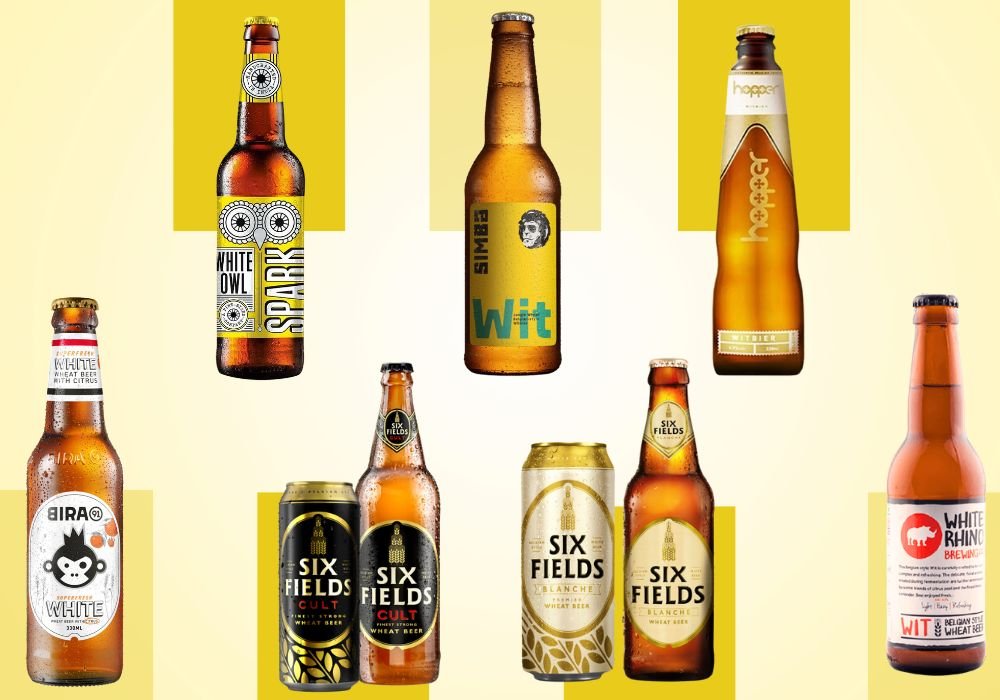Can Beer Sabotage Your Weight Loss Goals

It’s a fairly valid question every beer lover has probably asked himself in his weight loss journey. For what could possibly be a better way to reward oneself after a long, back-breaking workout than kicking back with a chilled bottle of beer?
But for those of us who are serious about shedding the extra pounds, including beer in one’s diet is probably the last thing we should be doing, right?
Perhaps not.
New research claims that drinking beer regularly didn’t have any adverse effects on body composition results of those doing High Intensity Interval Training (HIIT) type workouts.
Details of the study
Spanish researchers from the University of Granada conducted a study to determine the effects of a 10-week (2 days a week) HIIT program on anthropometric and body composition measurements, and to evaluate whether these same effects are influenced by the moderate consumption of beer (at least 5 days a week), or its alcohol equivalent.
The study tracked 72 young, healthy adults in their 20s through a period of 10 weeks. The volunteers were divided into two main groups: those who were undergoing HIIT training and those who weren’t. Participants in the HIIT training group had to drink alcohol 5 days a week for the sake of the study being conducted. The men drank approximately 11 oz of their assigned beverage with both lunch and dinner while the women drank about 11 oz of their assigned beverage only with dinner.
The non-training group could choose whether or not they wanted to consume alcohol. Those who chose to drink were randomly assigned a 5.4% ABV lager or sparkling water mixed with vodka while those who didn’t want to were randomly assigned non-alcoholic beer or regular sparkling water.
The HIIT training sessions took place two days a week, with each session lasting a total of 40 to 65 minutes per week, at a rate of perceived exertion (RPE) of 8 or higher on a scale of 1 to 10—i.e., at a very difficult intensity.
The researchers also measured every participant’s body composition i.e. body mass, waist circumference, abdominal fat, waist-to-hip ratio, and bone mineral density at the beginning and the end of the 10-week study period.

Results:
None of the groups showed any negative changes in body composition. In fact, all factions of the HIIT training group — including those participants who consumed alcohol during the study period — lost body fat and gained lean muscle.
What does this mean?
From previous studies that wax eloquent about the effectiveness of a HIIT training for boosting fat loss and muscle building, it’s evident that it was the HIIT training that triggered the body composition changes.
But as for why alcohol didn’t mess with these changes?
It all boils down to your total calorie intake versus how many calories you burn during your workout. According to scientists, alcohol can certainly be a part of one’s diet plan, as long as it falls within one’s total calorie needs. However, if one consumes alcohol over and above fulfilling his caloric needs, there’s a high possibility of gaining weight.
The study naturally has its own limitations. For instance, it didn’t analyse how the participants were eating during the study period. This plays a huge depending factor as most people start eating healthier the moment they start a new workout programme and this, therefore, allows them to fit something as calorie-dense as beer into their diet plan without running the risk of a calorie surplus.
Another point to take into consideration is the fact that the study comprised of previously untrained individuals, therefore it is also likely that the improvements in body composition were due to initiating a 10-week HIIT training session, as opposed to regular alcohol intake.

Bottomline: Drink beer in moderation, but supplement with exercise and a healthy diet
Drinking beer alone will not help you cut those extra pounds or build muscle. That’s where exercise and a well-rounded and balanced diet come in. However, the results of this particular study fall in line with something that most dieticians and doctors harp on over and over again – moderation.
And while more in-depth research in this field is needed, beer lovers can take comfort in knowing that it is, in fact, completely possible to live a normal life – as long as one gets a fair amount of exercise, eats a good, balanced diet and is mindful of his overall calorie intake.
Moderate alcohol intake can certainly be a part of one’s weight training programme, as long as one makes sure to stick to the recommendations made by the American Heart Association (AHA) – which are in line with how much the participants of the study had to drink. According to this source, men should limit their alcohol intake to two drinks (12 oz of beer or 5 oz of wine) while women should limit it to just one.
Sources:
– Beer or Ethanol Effects on the Body Composition Response to High-Intensity Interval Training, The BEER-HIIT Study.
– Alcohol and Heart Health, American Heart Association



